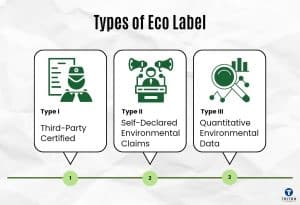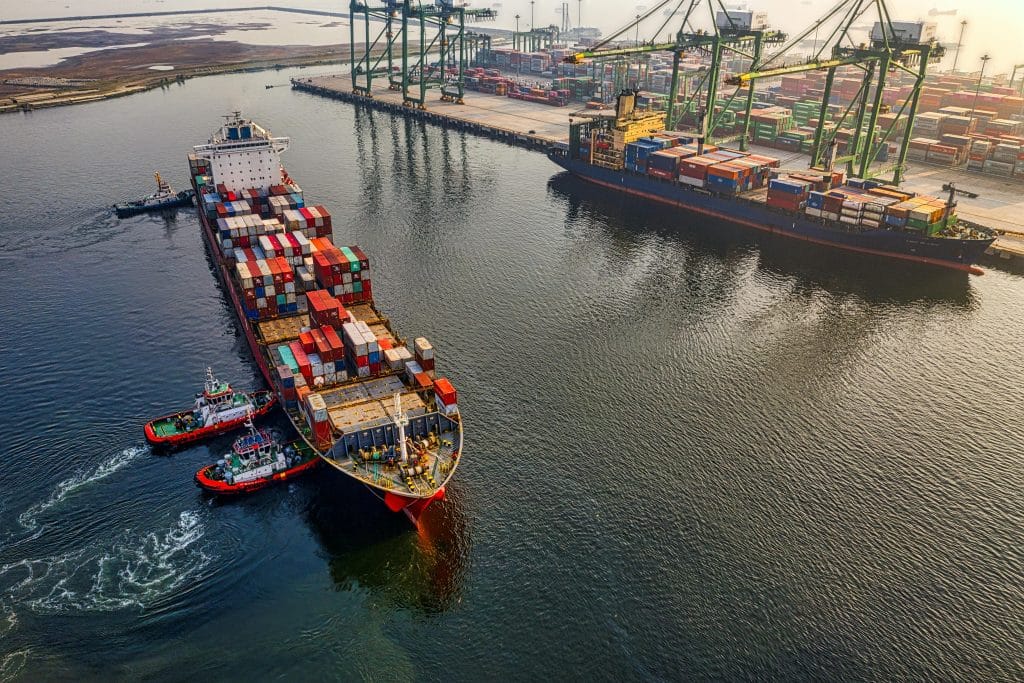New Zealand is stepping into the global spotlight with its involvement in the Agreement on Climate Change, Trade, and Sustainability (ACCTS). This forward-thinking agreement weaves together trade liberalisation and environmental priorities, a bold move to align economic growth with the urgent realities of climate change. At the heart of this effort is Eco Choice Aotearoa, New Zealand’s only Type 1 ecolabel, operating under the robust standards of ISO 14024.
But what does all this really mean? Let’s explore the story of ACCTS, the opportunities it presents for Kiwi businesses, and the vital role of ecolabelling in making trade not just bigger but better for the planet.
ACCTS: How It Came to Be
The ACCTS journey began in 2019, with six nations (New Zealand, Costa Rica, Fiji, Iceland, Norway, and Switzerland) joining forces to negotiate a trade agreement with sustainability at its core. While Fiji and Norway contributed to shaping the agreement, they didn’t sign on in 2024 for domestic and strategic reasons. In the end, four nations stood as signatories: New Zealand, Costa Rica, Iceland, and Switzerland.
This wasn’t just another trade deal. ACCTS has redefined the rules by eliminating tariffs on environmental goods, making services like renewable energy and pollution control easier to trade, and setting clear guidelines for eco-labelling and fossil fuel subsidy reform. It’s a blueprint for how trade policy can tackle climate and environmental challenges, and New Zealand is right at the helm.
Why ACCTS Matters for NZ Businesses
ACCTS is more than just good news for New Zealand exporters, it’s a game-changer. The agreement clears the way for over 300 environmental goods, cutting tariffs on items like solar panels, wind turbines, and recycled building materials. According to MFAT, New Zealand exports of these goods are worth NZ$2.4 billion annually, with nearly NZ$1 billion heading to markets that previously lacked trade agreements.
Some of the standout opportunities include:
- Renewable Energy Technologies: Think solar panels and wind turbines, essential for global decarbonisation efforts.
- Sustainable Building Materials: Products like recycled wood and insulation are in high demand for low-carbon construction.
- Low-Carbon Transport: Electric vehicles and bicycles, aligning perfectly with the push for greener mobility.
The agreement also opens doors to markets like Switzerland, Costa Rica, and Iceland, where demand for sustainable solutions is strong. Combined with liberalisation of environmental services, this could pave the way for Kiwi businesses to carve out a leadership role in the green economy.
Ecolabelling: A Key Ingredient in ACCTS
One of the standout features of ACCTS is its focus on ecolabelling; a topic that might not grab headlines but is crucial for shaping a sustainable trade future. Ecolabelling is already a staple in regions like Europe, where mature sustainability initiatives mean that eco-labels are often a prerequisite for public and private procurement.
By including ecolabelling guidelines, ACCTS does three critical things:
- Sets out best practices for voluntary eco-certification programs.
- Encourages alignment of standards to avoid unnecessary trade barriers.
- Builds trust among consumers and businesses by ensuring transparency.
This is a golden opportunity for New Zealand to catch up with global leaders. As the country’s only Type 1 ecolabel, Eco Choice Aotearoa can help Kiwi products stand out in international markets, meeting the high expectations of conscious citizens and consumers.
Why Type 1 Ecolabels Stand Out
So, what’s the big deal about being a Type 1 ecolabel? It’s all about credibility. Under the ISO 14024 standard, Type 1 ecolabels like Eco Choice Aotearoa undergo rigorous third-party verification. This means products are evaluated on multiple environmental criteria, considering their entire lifecycle, from raw materials to disposal.
Here’s why this matters:
- Impartiality: Third-party verification eliminates bias and builds trust.
- Lifecycle Perspective: It’s not just about being “green” at one stage; products must deliver environmental benefits throughout their life.
- Benchmarks: Type 1 ecolabels set clear standards, making it easy for consumers and businesses to compare products.
This approach is also a powerful counter to greenwashing, where vague or exaggerated claims mislead consumers.
What About EPDs? A Different Kind of Transparency
While Type 1 ecolabels certify a product’s overall environmental performance, Environmental Product Declarations (EPDs), governed by ISO 14025, serve a different purpose. They provide detailed, quantitative data about a product’s environmental impacts, based on a Life Cycle Assessment (LCA).
EPDs are especially important in sectors like construction and manufacturing, where buyers need precise data to comply with green building standards like LEED or BREEAM. While EPDs don’t judge whether a product is “good” or “bad” for the environment, they offer critical transparency for making informed decisions.
Eco Choice Aotearoa: Bridging Two Worlds
Eco Choice Aotearoa embraces both worlds by offering Type 1 ecolabel certification and facilitating EPD services through a trusted partner. This dual approach ensures:
- Market Reach: Kiwi businesses can meet both consumer and industry-specific demands.
- Global Alignment: Products gain credibility in international supply chains.
- Sustainability Leadership: New Zealand businesses can showcase genuine environmental commitment.
Why It All Matters
With its ecolabelling focus, ACCTS gives New Zealand a seat at the global table for sustainable trade. It positions Kiwi businesses to thrive in a world where environmental accountability isn’t just a nice-to-have. It’s non-negotiable.
Through Eco Choice Aotearoa, New Zealand has a powerful tool to navigate this new landscape. By combining the credibility of Type 1 ecolabels with the transparency of EPDs, New Zealand businesses can take charge of building a sustainable, resilient economy.
As trade evolves, so too must our approaches to sustainability. With ACCTS, New Zealand is taking a step towards it’s ready to lead in words and action.
This article was written by Eco Choice Aotearoa’s Head of Strategic Partnerships, Stella H Jeon.

